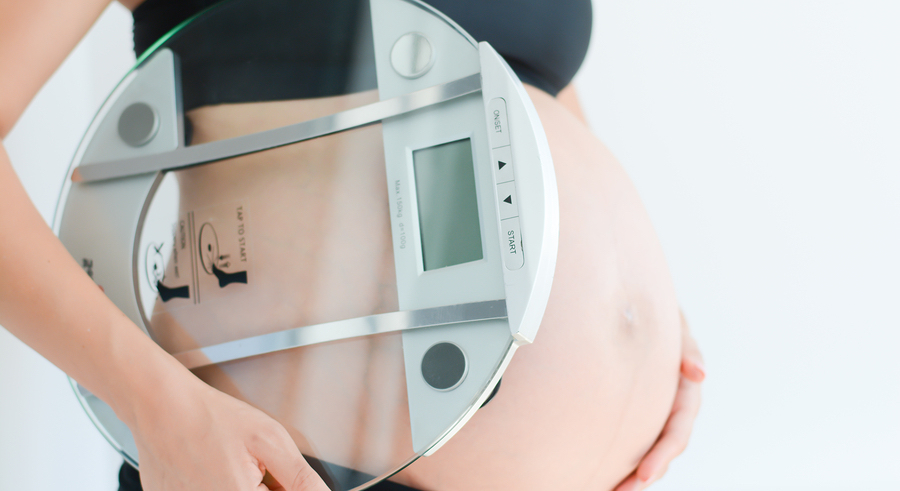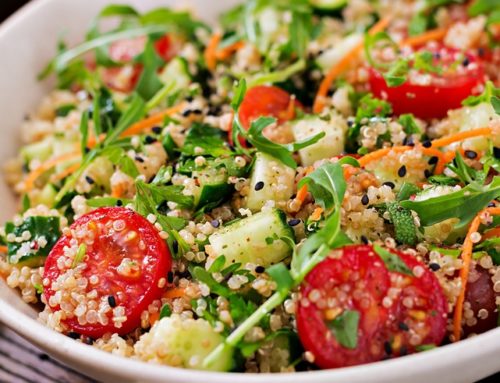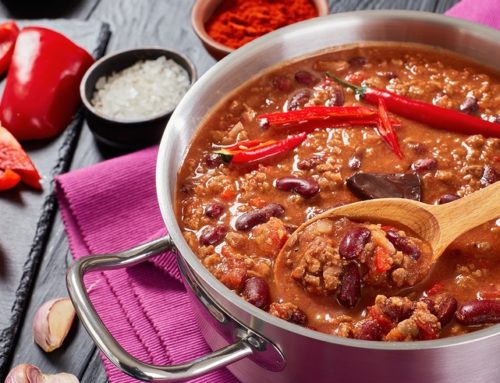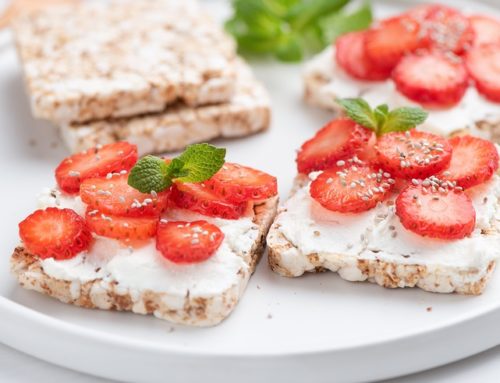According to recent research by the CDC, nearly half of American women are gaining too much weight during pregnancy. Between the cravings, nausea, and (ahem) mood swings, it can be difficult to keep healthy eating on the radar. But good nutrition habits can go a long way in reducing pregnancy risks and keeping some of the less glamorous symptoms at bay. Here are some tips for my fellow moms and mommas to-be.
First, when pregnant (and I do hate to say this) you aren’t actually “eating for two”. That was a tough fact for me to remember during my 3 pregnancies, but I appreciated the wisdom eventually. The truth is, our bodies become so efficient at absorbing nutrients during pregnancy that little to no extra calories are necessary at first. But as growth ramps up in the second and third trimesters, so do our energy needs. You should add between 350-450 calories per day during his time to support healthy fetal development and keep the pep in mommy’s step. This is equivalent to a cup of yogurt, plus a piece of whole wheat bread with peanut butter. Not the taco bell and extra bag of potato chips you might be pining for. Excess weight gain can be difficult to lose postpartum, but it also can complicate labor, and put mom and baby at higher risk for conditions like gestational diabetes.
Next, stave off those cravings with smart food choices. Choose high protein foods, healthy whole grain carbohydrates, and nutrient dense fruits and vegetables with each meal and snack. These will provide you and your baby with necessary energy and protein for the rapid cell development that is occurring. Our protein needs jump during pregnancy by roughly 25 grams per day. Yet another reason to bypass those chips for a smarter snack like yogurt or cheese.
Lastly, it’s important to make sure that you are meeting your vitamin & mineral needs. Nutrients like folic acid, iron, B12 are higher during pregnancy. In addition to following your physician’s prenatal vitamin instructions, you can also boost your intake through diet. Foods including meat, fish, eggs, beans, nuts, and dark green vegetables are good sources of these nutrients.
For a more tailored plan, and to address any specific concerns with pregnancy nutrition, speak with one of our Nutrition Specialists.





